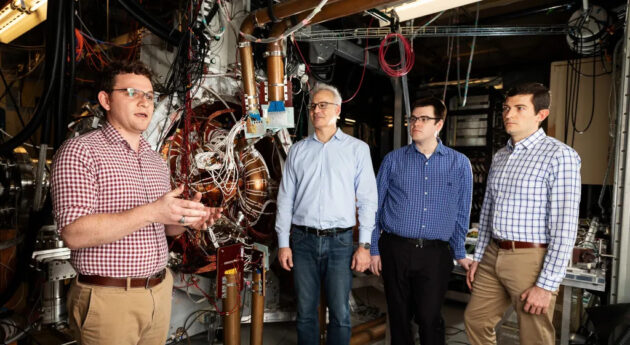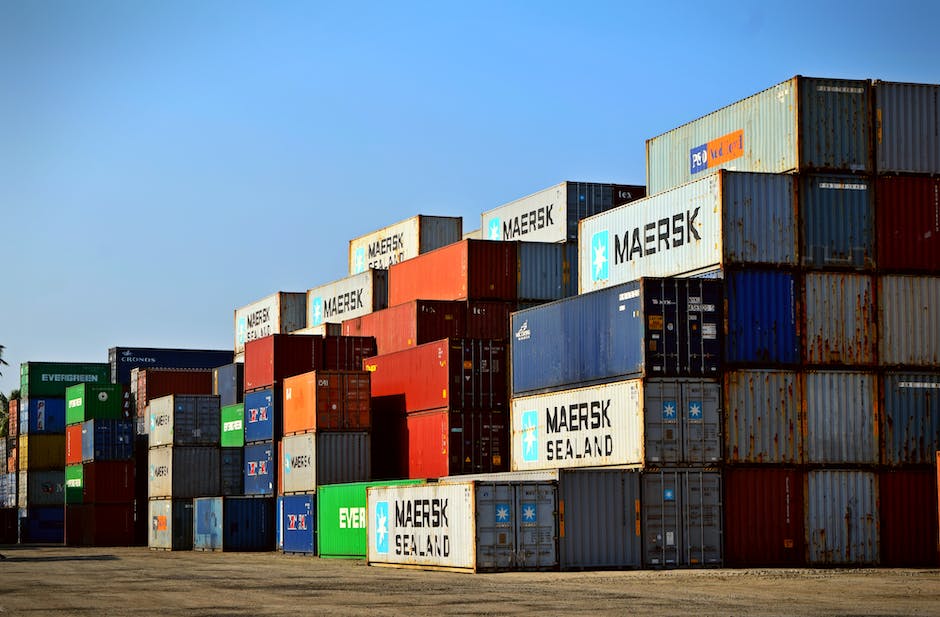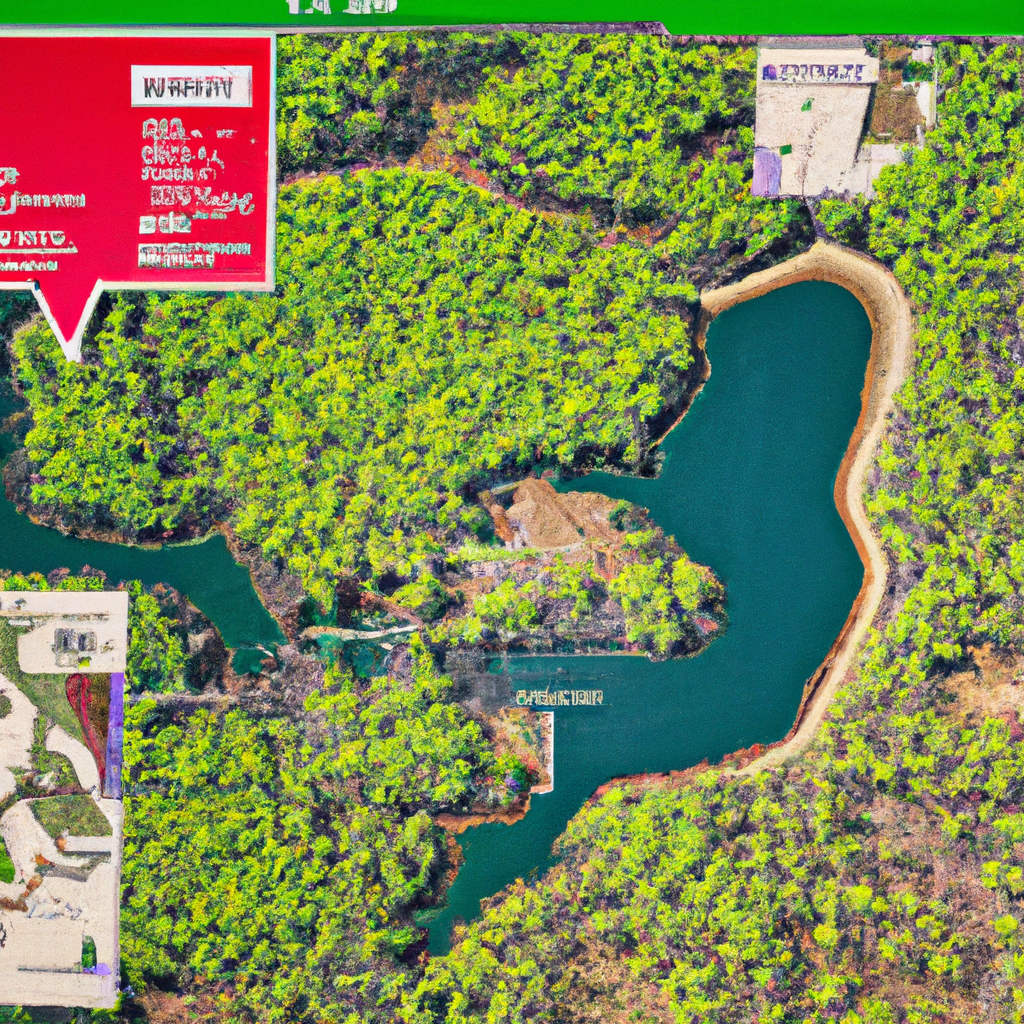[ad_1]

CTFusion, a spinoff from the University of Washington, has flipped off the reactor and folded up shop. But the startup’s expertise is not lost: three of its four co-founders have taken roles at former rival Zap Energy.
In the fall, the Seattle-based startup was seeking a new space for its operations, with visions of building a larger prototype device that would be operational within two years. But the 10-employee team ran out of time as it failed to complete its first venture capital round, said Derek Sutherland, CTFusion’s CEO and co-founder.
CTFusion wound down in February.
The broader fusion sector has landed billions of investment dollars in recent years as the field’s technology gets closer to a goal that has been elusive for decades: the ability to produce more power with fusion than it takes to generate it. In December, physicists at a national lab in California announced with fanfare that they had achieved “scientific energy breakeven,” a crucial step to realizing what is called the “holy grail” of clean energy.
But even with that historic accomplishment, critics remain skeptical about the field’s potential. The challenge remains to successfully commercialize the technology.
Many in the Pacific Northwest are still working toward that goal, as the region remains a hub for fusion companies and research. Zap and Helion Energy are based in Everett, Wash., while Avalanche Energy is in Seattle and General Fusion is located in British Columbia.
CTFusion was the only company of the region’s five that did not land private funding. CTFusion received $5 million in government grants since launching in 2015, and about $15 million in grants while developing its foundational technology at the UW.
Sutherland is now senior research scientist at Zap, while fellow CTFusion co-founders Kyle Morgan and Aaron Hossack are research scientists at Zap. The fourth founder, Chris Ajemian, is working as an independent consultant in the areas of fusion energy commercialization and energy policy.
The technology being pursued at Zap differs from CTFusion’s approach, “but the nice thing about fusion is there is more than one good idea out there to pursue, and Zap’s is great,” Sutherland said.
Zap has raised approximately $200 million in venture capital and $7.8 million in government grants since launching in 2017.
“It’s amazing — the Seattle fusion ecosystem — it’s big,” Sutherland said. “And it’s a privilege to jump into another exciting startup right up the street.”
[ad_2]
Source link
















